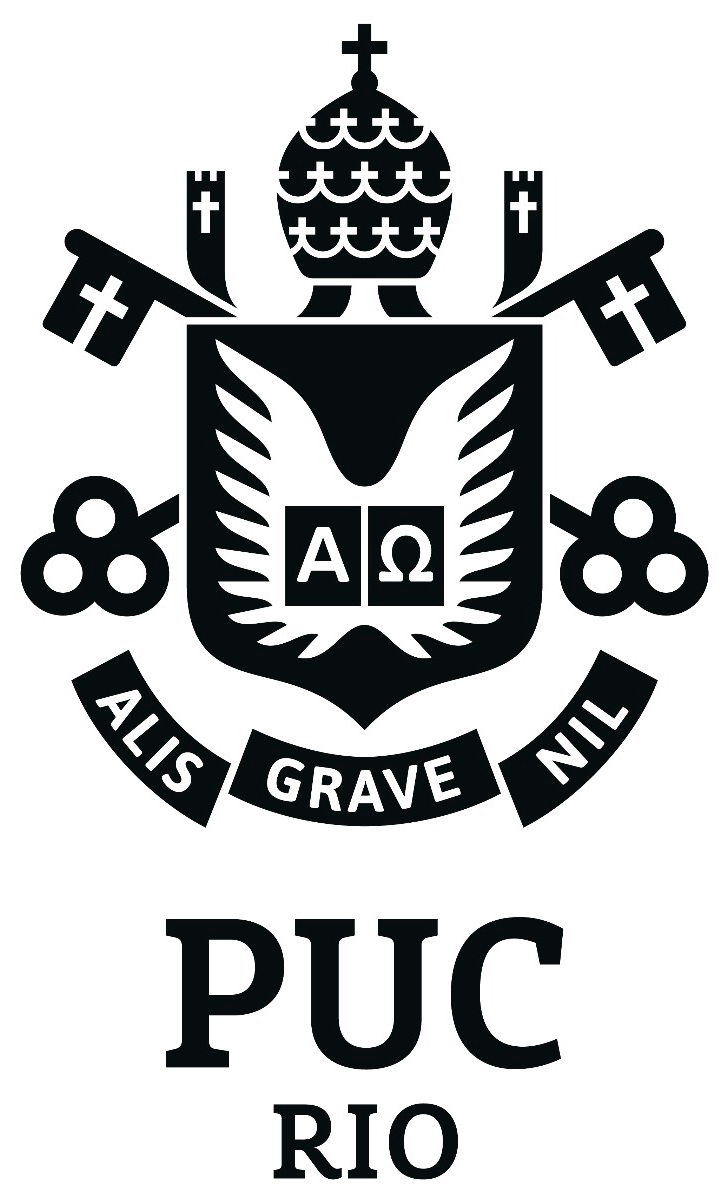Coordination and the provision of incentives to a common regulated firm
International Journal of Industrial Organization, v. 29, p. 606-627, 2011
Vinicius Nascimento Carrasco.
Acesse o artigoThis paper considers the problem faced by two regulators in providing incentives to a common (privately informed) regulated firm under various degrees of coordination. In the model, the firm exerts effort toward cost reduction and self-dealing, and incentives can be input-based (monitoring) and output-based (demanded cost targets). Full coordination between the regulators leads to the second best allocation. A setting in which the regulators do not fully coordinate leads to (i) higher overall monitoring (more aggressive input-based incentives) and (ii) higher demanded cost targets (i.e., more lenience in terms of output-based incentives). As a consequence of (i,0), in all possible equilibria, the effort toward cost reduction will be smaller when the agent reports to two regulators who do not coordinate. (i) and (ii) imply that the impact on the effort toward self-dealing activities is ambiguous. In our leading example, self-dealing will be larger if the regulators coordinate on monitoring levels but smaller if they choose monitoring levels independently.
Veja também
Public Ownership and Anti-Preemption (a sair)
The RAND Journal of Economics, 2025
Juliano Assunção, Sergey Mityakov , Robert Townsend .
Estimating the Welfare Cost of Labor Supply Frictions (a sair)
Journal of Public Economics, 2025
Katy Bergstrom, William Dodds, Nicholas Lacoste, Juan Rios.
The Value of Health Insurance: A Household Job Search Approach ( a sair)
Journal of Labor Economics, 2025
Renata Narita, Rita Ginja, Gabriela Conti.

